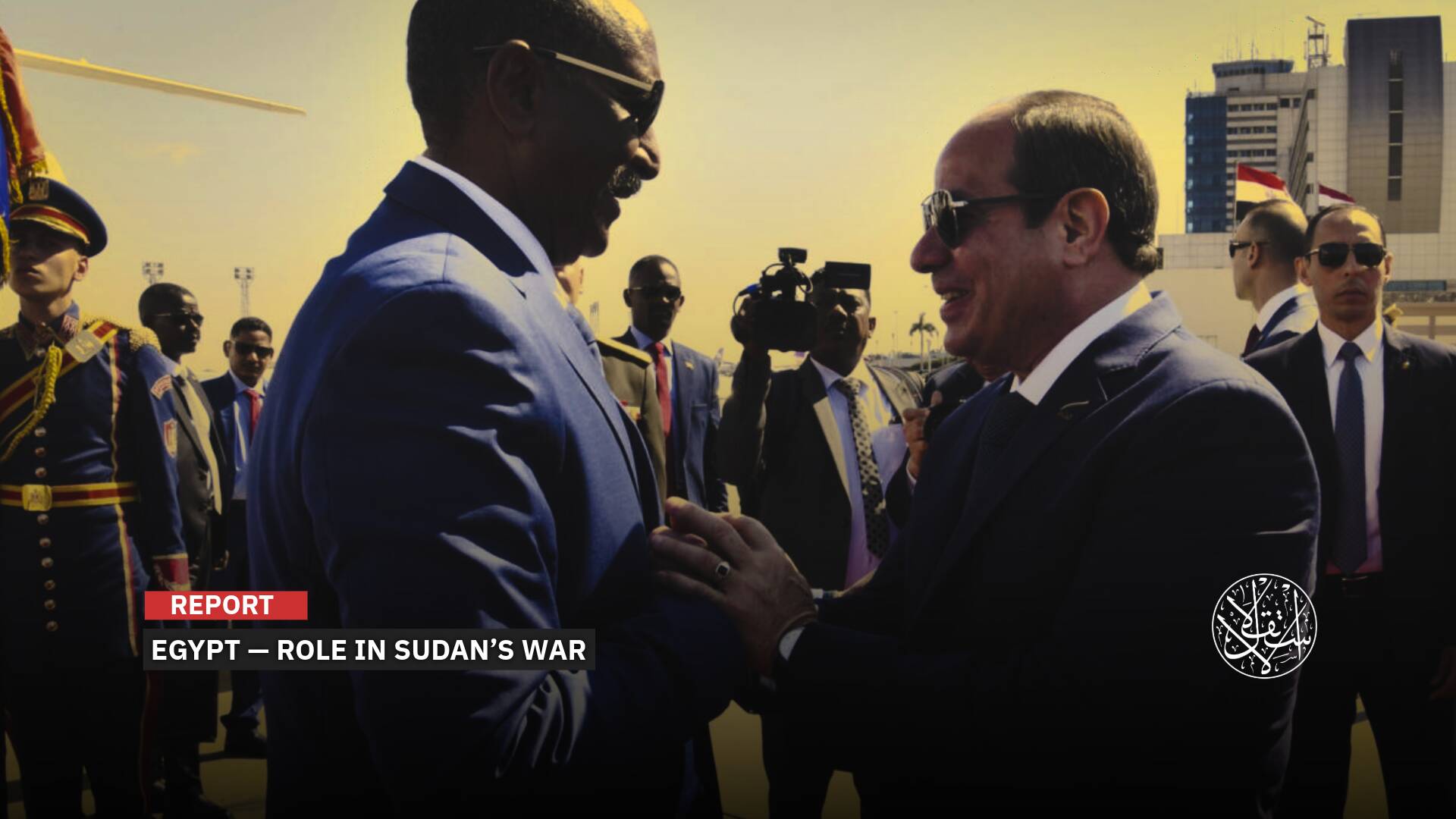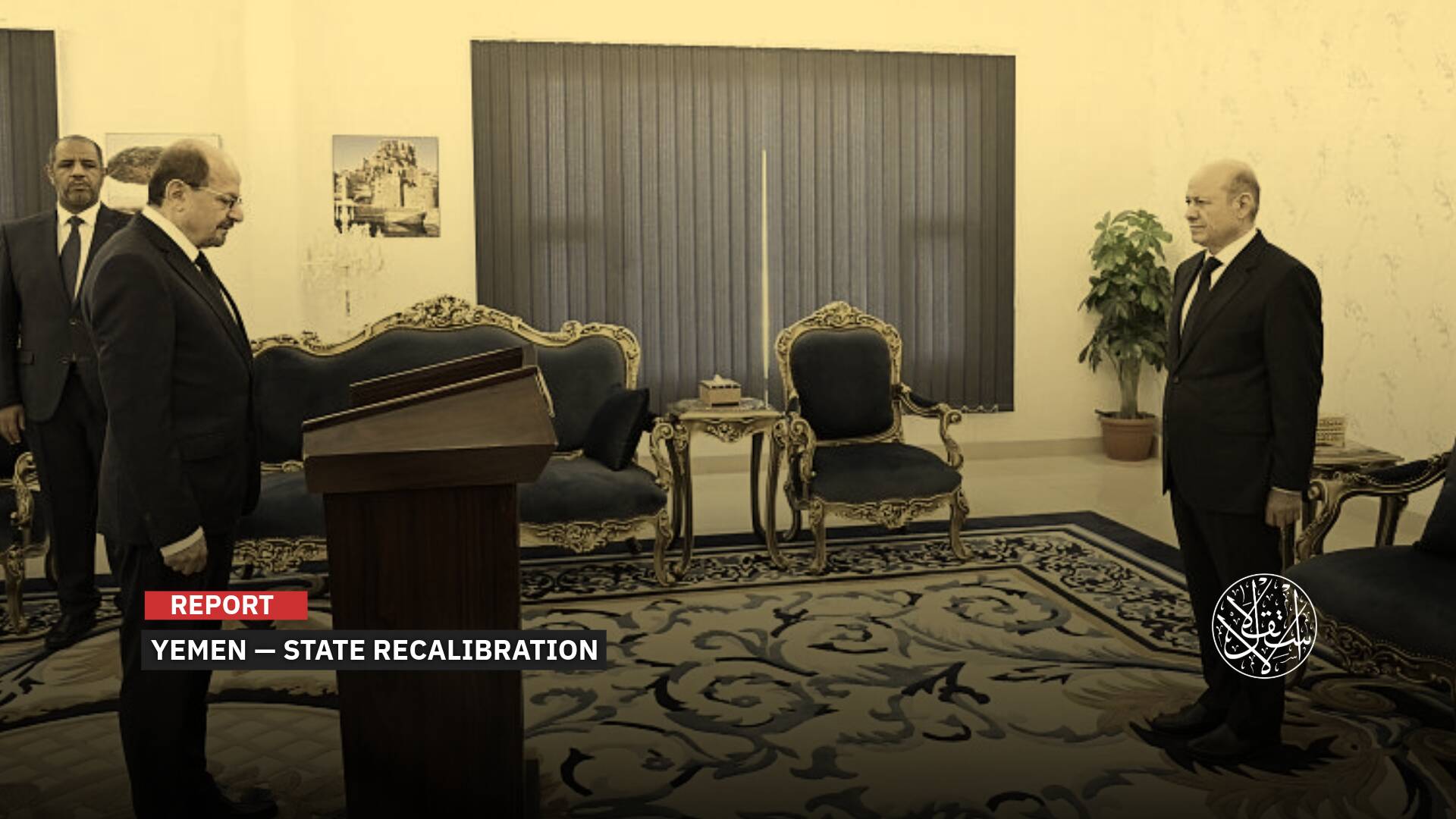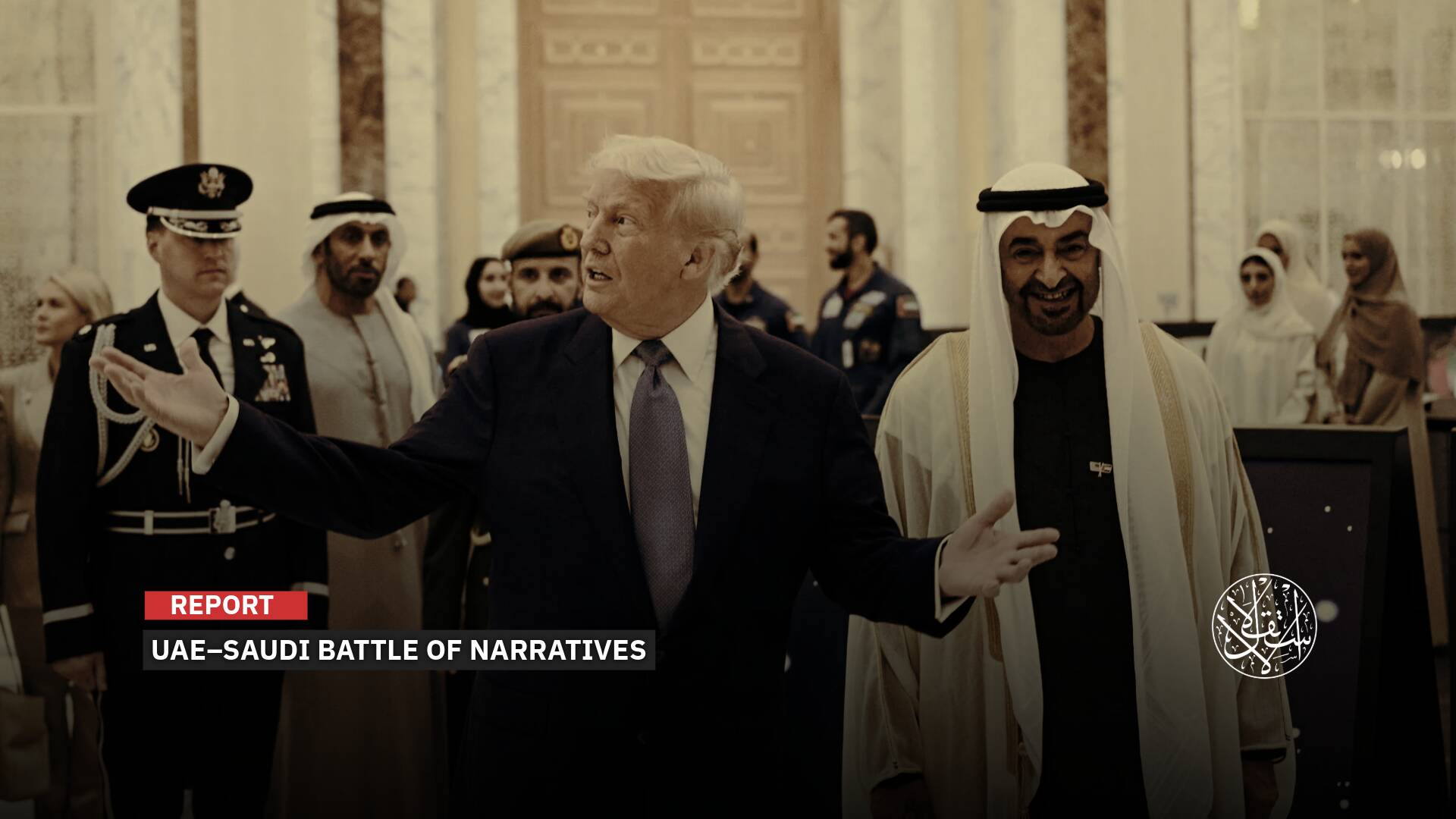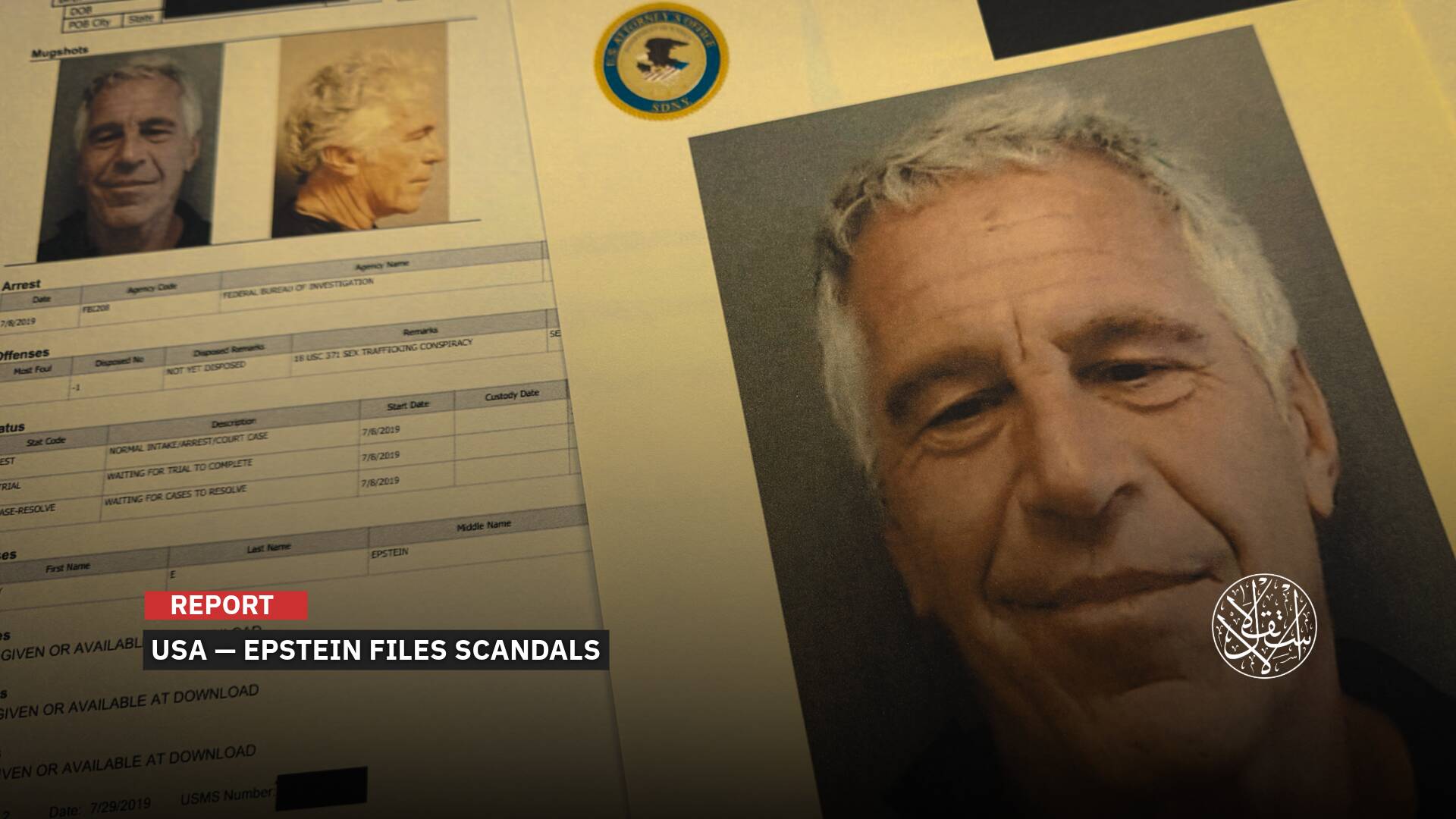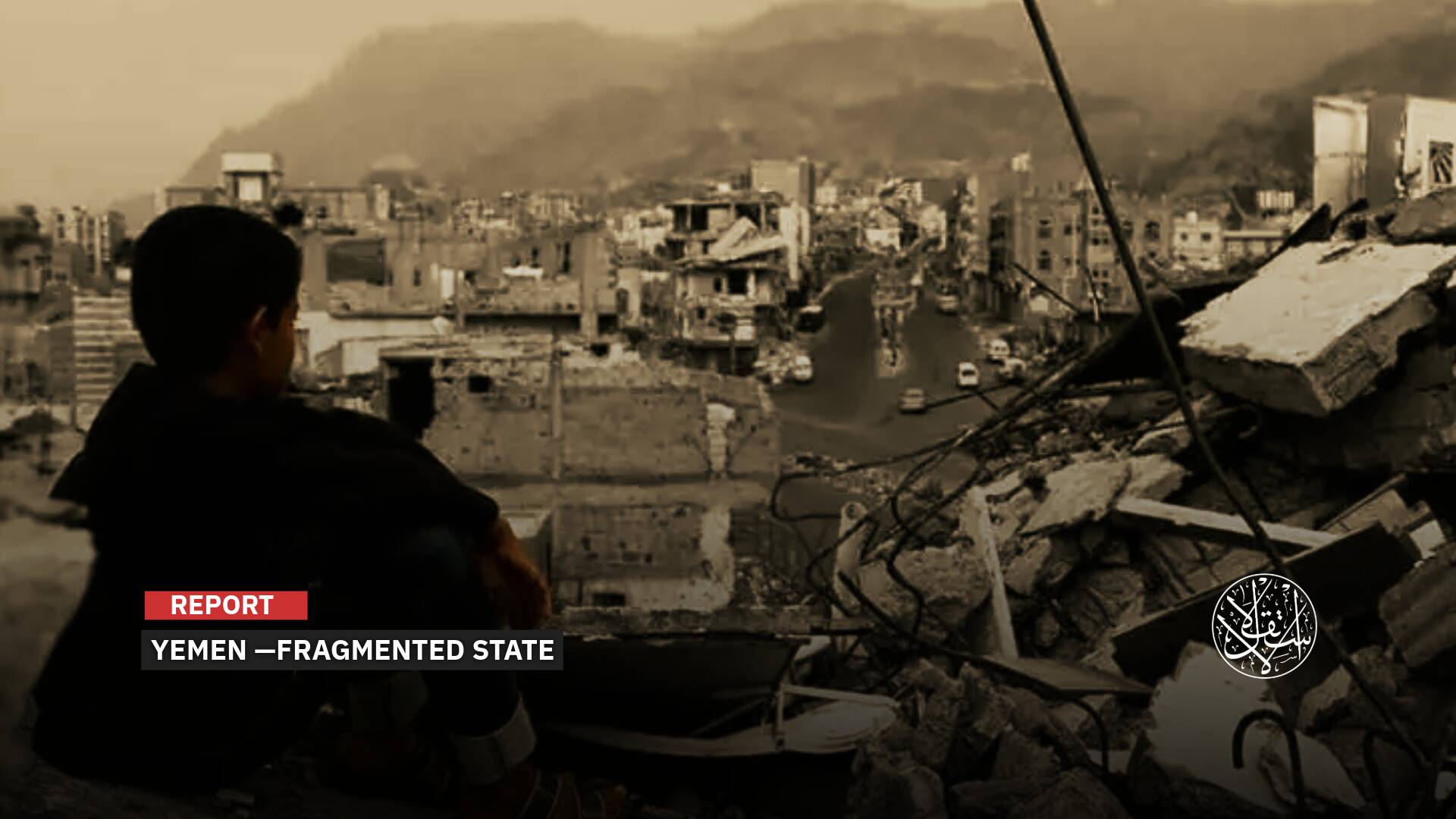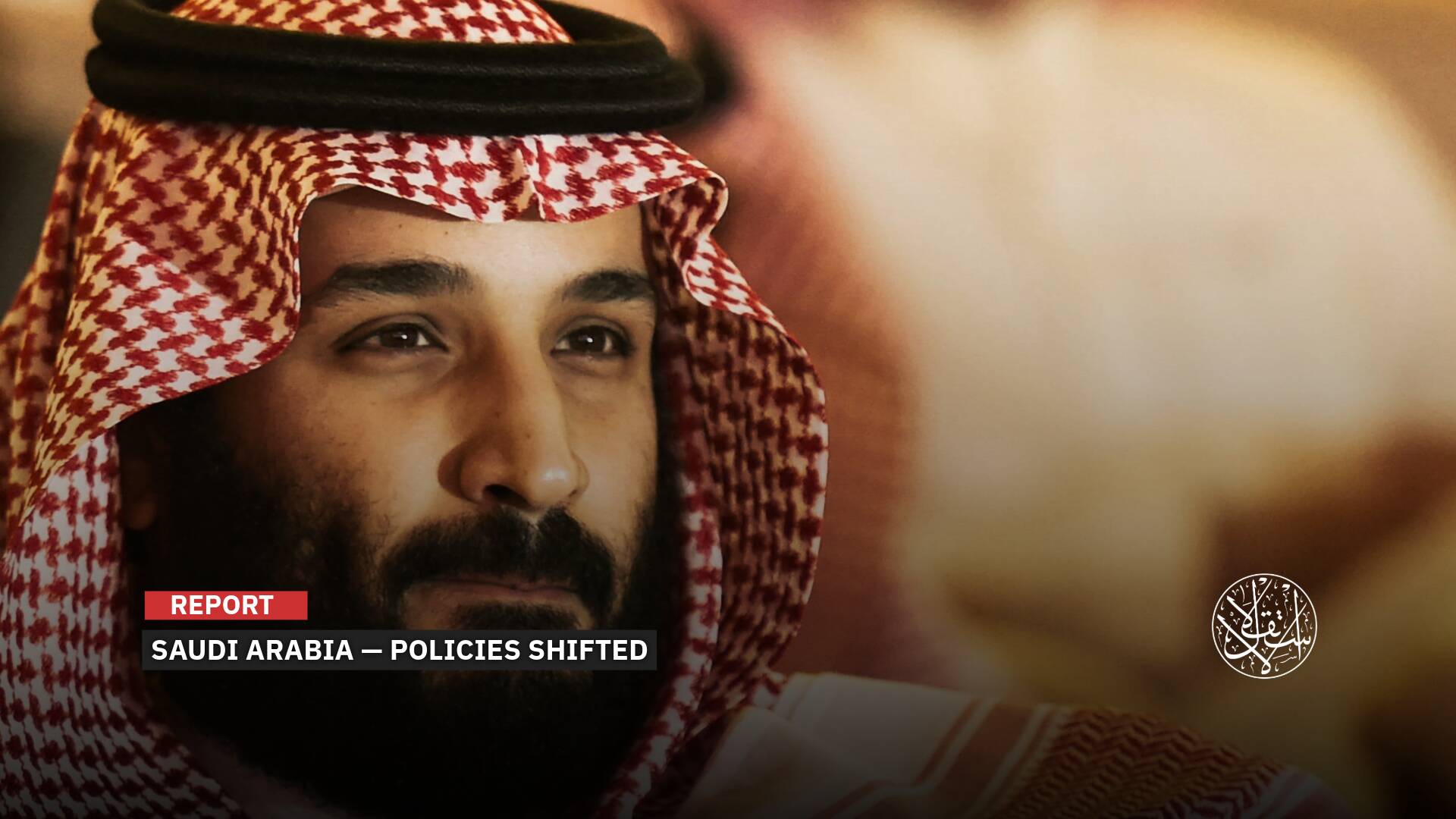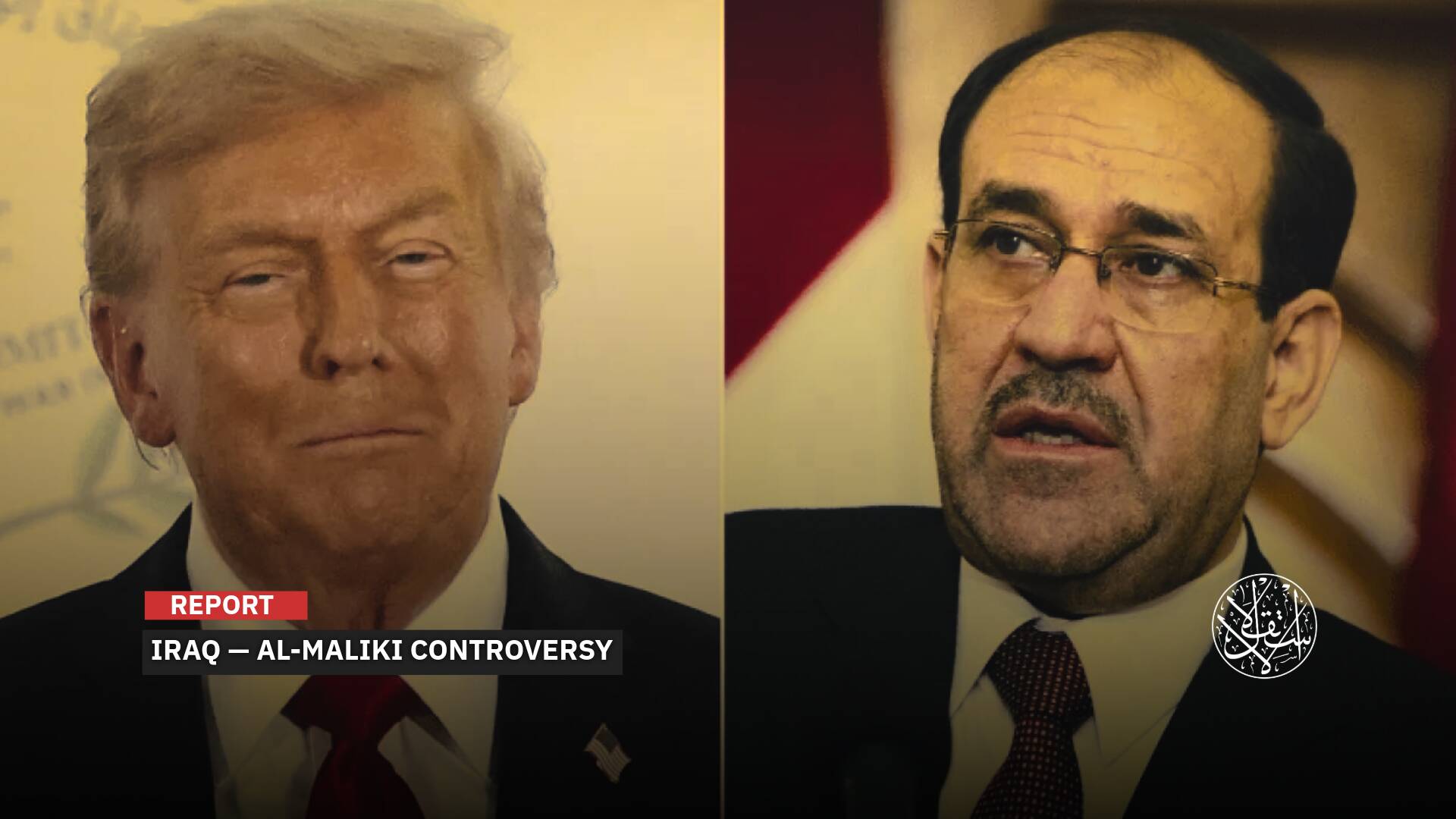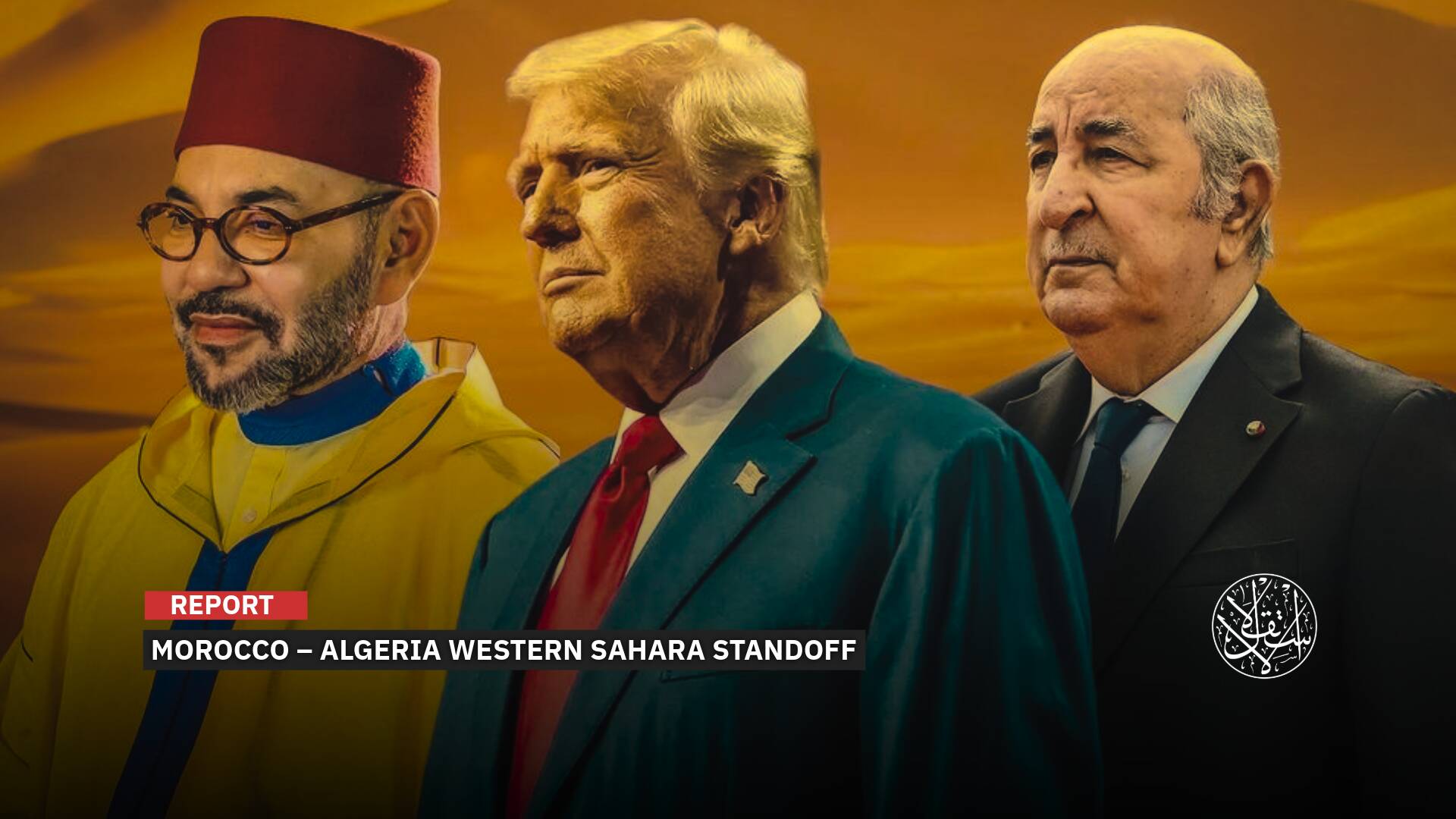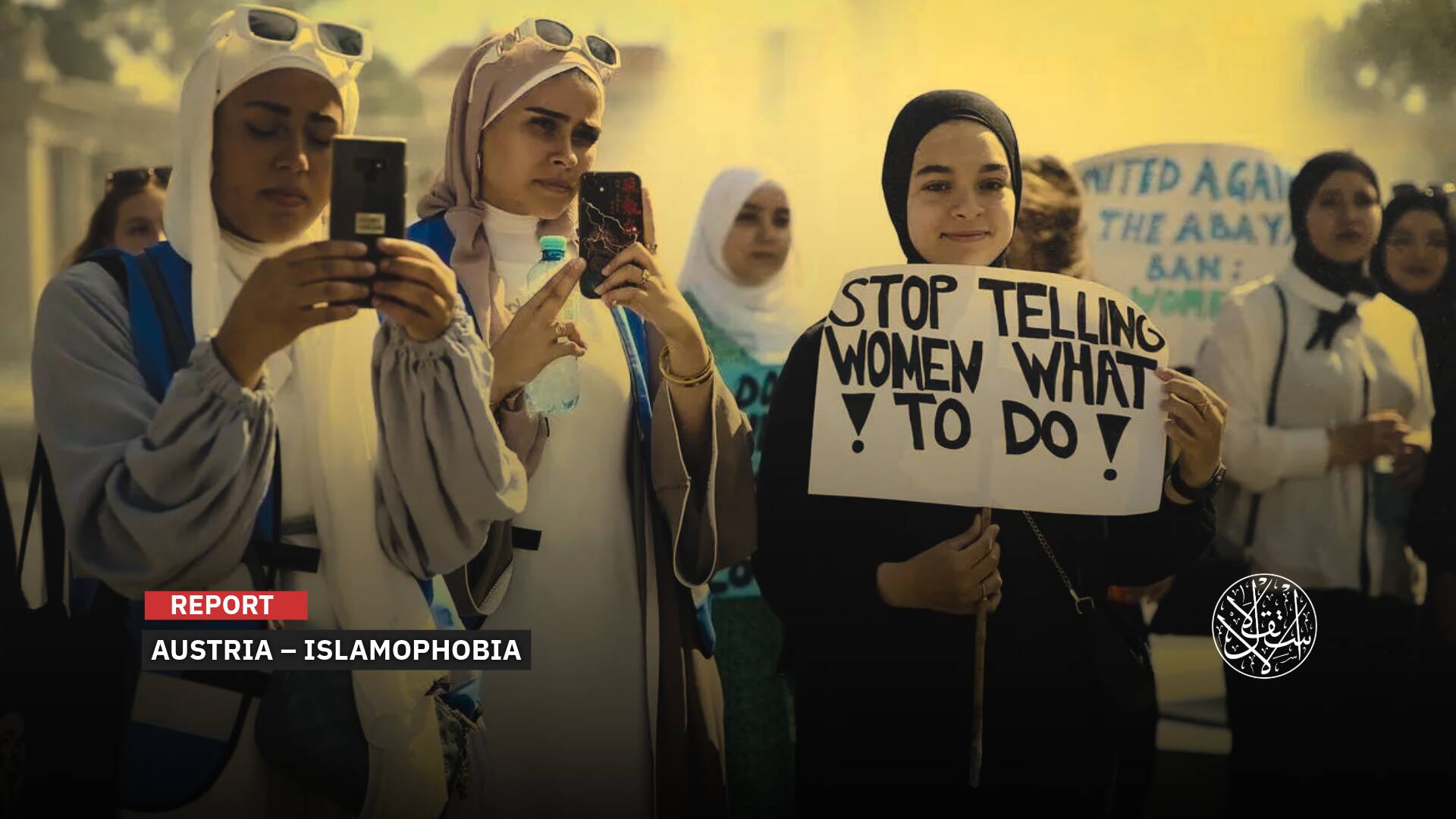Le Monde: The UAE's Sponsorship of Coups in Africa Fails France's Plans

The French newspaper Le Monde highlighted Paris' firm position on the military coup against civilians in Sudan on October 25, 2021.
French President Emmanuel Macron condemned Sudan's coup despite the support of the United Arab Emirates, which is increasingly opposed to French policy in Africa.
On the aforementioned date, the Sudanese Military Council headed by Abdel Fattah Al-Burhan overthrew the transitional civilian government, arrested Prime Minister Abdalla Hamdok and abolished articles of the constitution.
The newspaper explained that France has already committed to support the Sudanese transition for two years which, under the auspices of Prime Minister Hamdok, worked to settle the disastrous legacy of the three decades of military dictatorship of General Omar al-Bashir.
Then, the civilian opposition, whose peaceful uprising in April 2019 led to the fall of al-Bashir, agreed to temporarily share power with Abdel Fattah al-Burhan.
It was the prospect of the end of this transitional period, and thus of an effective transfer of power to civilians, that convinced General Al-Burhan to carry out the last coup.
French Support
In September 2019, Macron welcomed Abdallah Hamdok at the Elysee Palace for a three-hour interview.
He strongly expressed France's support for the economic reconstruction of Sudan and the building of a civil and democratic system with the aim of holding free elections at the end of 2022.
Indeed, in May 2021, the French president took the initiative to host an “international conference to support the Sudanese transition” in Paris.
He had symbolically inaugurated it on the Place Chon de Mars in an explicit reference to the Feast of the Union of July 14, 1790, because, as the French President said, “these are the same ideals that we celebrate today.”
Then he shouted in Arabic and French: "Freedom, peace, justice, three words chanted by the representatives of the Sudanese revolution, three words that resonate strongly in the history of our country France, three words that reflect global aspirations."
After that, France obtained important measures for Sudan to relieve the debts of the 60 billion dollars it had inherited from the ousted dictatorship.
The newspaper said that "Macron's establishment of a relationship of trust with Hamdok, a veteran economist, man of peace and principle, was not an exaggeration."

Relations were more formal with General Abdel Fattah al-Burhan, who was also invited to Paris in May, but under the presidency of a transitional council which was supposed to abandon him in the coming months.
In contrast, Al-Burhan has long been the main interlocutor in Khartoum of the United Arab Emirates and its leader, Abu Dhabi Crown Prince Mohammed bin Zayed.
This partnership was built in 2015 by Bashir's participation in the Saudi Arabia and United Arab Emirates-led coalition in Yemen.
It seems that Al-Burhan, who supervised the operations of the Sudanese battalion in Yemen, attracted the attention of Mohammed bin Zayed, to the point that he became his main communication channel in Khartoum, and through this benefited from his multifaceted support.
UAE Strategy
President Macron gives value to his relationship with Mohammed bin Zayed, who willingly gets closer to the French President, despite Macron’s complicity, the newspaper says.
On September 15, he was warmly welcomed at the Palace of Fontainebleau, on the occasion of the inauguration of the former Napoleon III Theatre, which has been restored with Emirati funds.
On that day, the strongman in Abu Dhabi was careful not to reveal to his French host the dynamics of the coup that would soon emerge in Sudan.
A failed coup attempt in Sudan on September 21 has already opened a series of turmoil.
Despite massive protests on October 21 in favor of the civilian government, the Sudanese were unable to oust General al-Burhan after four days.
The UAE is thus in line with the counter-revolutionary strategy that already prompted it, in July 2021, to support Tunisia for the suspension of the constitutional process by President Kais Saied.
This counter-revolutionary option, in Sudan as well as in Tunisia, is shared by Egypt and Saudi Arabia, according to Le Monde.
But for the UAE, it is less a geopolitical stake than an ideological approach, in which democratic transitions across the Arab world must be buried, even if that means promoting, as in Khartoum, the reconfiguration of the military council.
Such a vision is in stark contrast to the one unveiled by President Macron at the Château de Mars, in May.
The newspaper says that "If we add to this the stimulus role that Abu Dhabi is playing now in encouraging Rabat in its confrontation with Algeria, we can see the size of the Emirati differences that are accumulating on the African continent with Paris."
There is no doubt that "it is not too late for France to finally face the Emirates in this region in many strategic aspects," the newspaper concludes.


